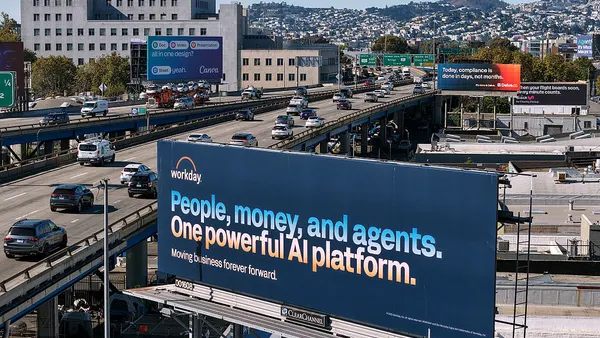Networking remains highly relevant in hiring, with 54% of workers saying they got hired for a job through a personal or professional connection, according to an Aug. 12 report from MyPerfectResume.
In fact, workers rated personal and professional connections as the top job search strategies. At the same time, most workers don’t tap into these connections, with only 1 in 10 saying they reached out to multiple contacts weekly while on the job hunt.
In a survey of 1,000 U.S. workers, 32% credited personal connections and 28% cited professional connections as the most helpful tools when looking for work. These relationships far outpaced other methods, such as job boards, LinkedIn or other professional platforms, social media, recruiters, staffing firms or cold outreach to hiring managers.
However, nearly 60% of workers said they only reach out to others a few times during the job search or only tell one or two close contacts, while another 20% don’t tell anyone. In addition, 21% of workers said they’ve never asked anyone for a referral.
Although 70% of workers believe connections beat credentials in the hiring process, most hesitate to network or reach out to their contacts, according to a Resume Now report. Workers said they often don’t know who to contact, what to say or whether they’re bothering someone.
Trust plays a major role, the MyPerfectResume report found, with two-thirds saying they only give referrals if they trust someone. Typically, people agree to refer someone if they have direct experience with the candidate’s skills and strong belief in the candidate’s potential.
When asked what they want to improve in their networks, workers said they’d like stronger relationships, more contacts, more job search support and better mentorship, among other reasons. Employers can empower workers in these areas to help them build meaningful and diverse relationships, as well as build long-term career success, Jasmine Escalera, career expert for MyPerfectResume, wrote.
For instance, employee referral programs can benefit both workers and their companies, experts told HR Dive. However, few formal referral programs work as intended, so employers can look at their programs for hiccups or unnecessary complexities that may hinder hiring goals.















